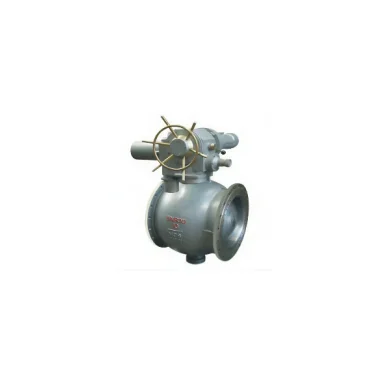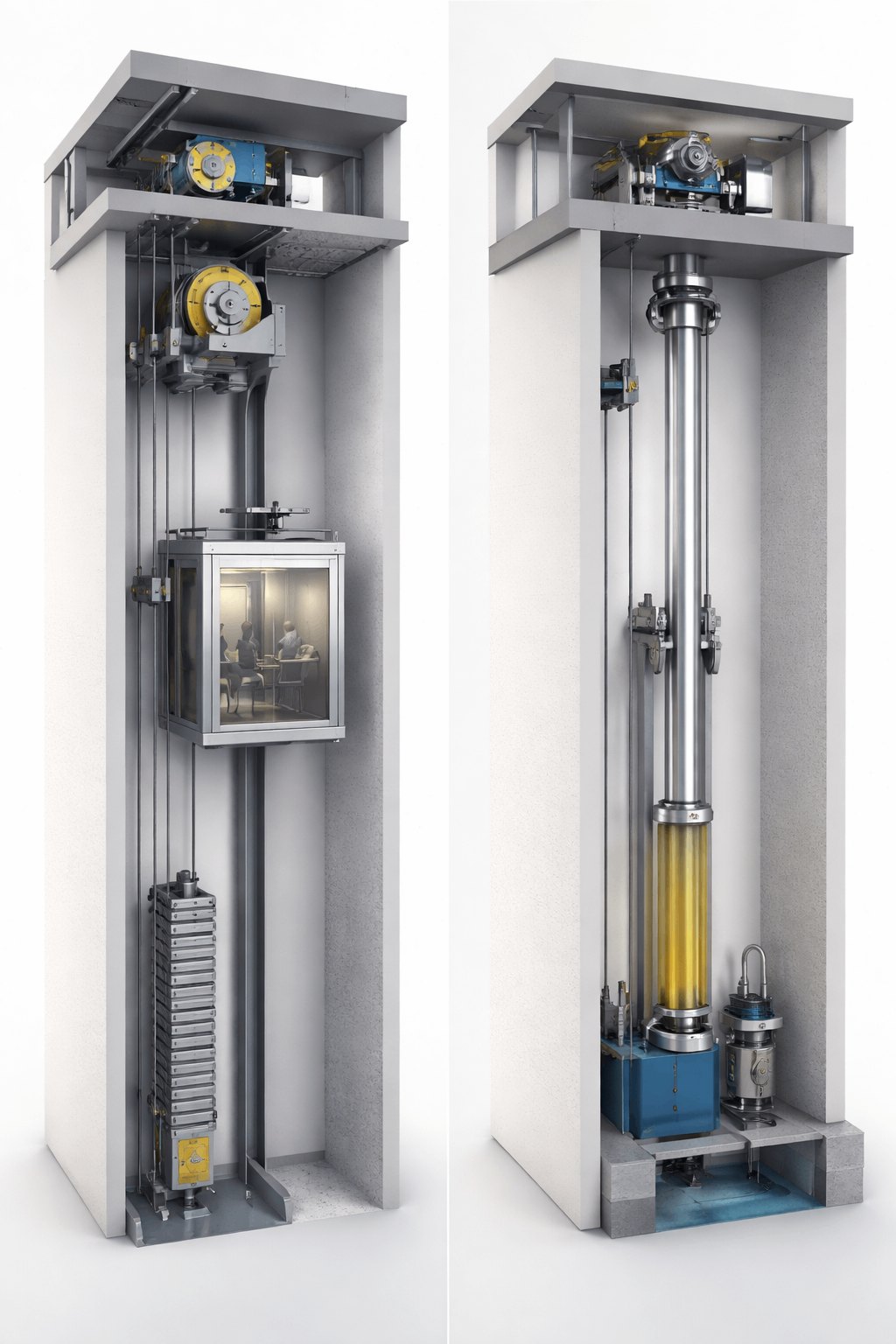Unveiling the Costs of Heating Exchangers: A Comprehensive Guide for Homeowners and Professionals
When it comes to maintaining an efficient heating system, understanding the costs associated with heating exchangers is crucial for both homeowners and industry professionals. Heating exchangers play a vital role in transferring heat between two or more fluids, making them essential components in various applications, including HVAC systems, industrial processes, and even renewable energy systems. This article delves into the factors influencing the cost of heating exchangers, providing a detailed breakdown to help you make informed decisions.
Understanding Heating Exchangers
Before we dive into costs, it’s important to understand what heating exchangers are and how they function. These devices facilitate the transfer of thermal energy from one medium to another, typically between a hot fluid and a cooler one. Common types include shell and tube, plate, air-cooled, and double-pipe exchangers, each designed for specific applications and efficiency requirements.
Factors Influencing the Cost of Heating Exchangers
- Type of Heating Exchanger: The type of exchanger significantly impacts the cost. For instance, plate heat exchangers are generally more expensive than shell and tube exchangers due to their higher efficiency and compact design. On average, plate heat exchangers can range from $1,000 to $5,000, while shell and tube models may cost between $1,500 and $10,000.
- Material Composition: The materials used in manufacturing heating exchangers also affect pricing. Stainless steel and titanium exchangers are more expensive than those made from carbon steel or aluminum due to their corrosion resistance and durability. For example, a stainless steel plate heat exchanger may cost around $2,000, while a carbon steel equivalent might be priced at $1,200.
- Size and Capacity: The size and capacity of the heating exchanger are critical factors in determining cost. Larger units designed to handle higher flow rates and temperatures will naturally be more expensive. A small residential unit might cost around $1,000, while a large industrial unit could exceed $20,000.
- Efficiency Ratings: Higher efficiency exchangers often come with a premium price tag. Units that boast advanced designs, such as those with enhanced surface areas or optimized flow patterns, can lead to significant energy savings over time. Expect to pay an additional 10-30% for high-efficiency models.
- Installation Costs: The cost of purchasing a heating exchanger is only part of the equation. Installation costs can vary widely based on the complexity of the system, local labor rates, and any necessary modifications to existing infrastructure. Installation can add anywhere from $500 to $5,000 to the overall cost.
- Brand and Warranty: Reputable brands with a history of reliability may charge more for their products. However, investing in a well-known brand often pays off in terms of longevity and performance. Additionally, units with extended warranties may have higher upfront costs but can save money in the long run through reduced maintenance and replacement needs.
Average Cost Breakdown
To provide a clearer picture, here’s a rough breakdown of average costs associated with different types of heating exchangers:
- Plate Heat Exchangers: $1,000 - $5,000
- Shell and Tube Heat Exchangers: $1,500 - $10,000
- Air-Cooled Heat Exchangers: $2,000 - $15,000
- Double-Pipe Heat Exchangers: $500 - $3,000
Long-Term Considerations
While the initial cost of a heating exchanger is important, it’s equally vital to consider long-term operational costs. High-efficiency models may have a higher upfront cost but can lead to significant savings on energy bills. Additionally, regular maintenance can extend the lifespan of your heating exchanger, reducing the need for costly replacements.
Conclusion
In summary, the cost of a heating exchanger can vary significantly based on type, material, size, efficiency, installation, and brand. Homeowners and professionals alike should weigh these factors carefully when making a purchase. By understanding the nuances of heating exchanger costs, you can make informed decisions that enhance both efficiency and cost-effectiveness in your heating systems. Whether you are upgrading an existing system or installing a new one, investing in the right heating exchanger can lead to substantial long-term benefits.


